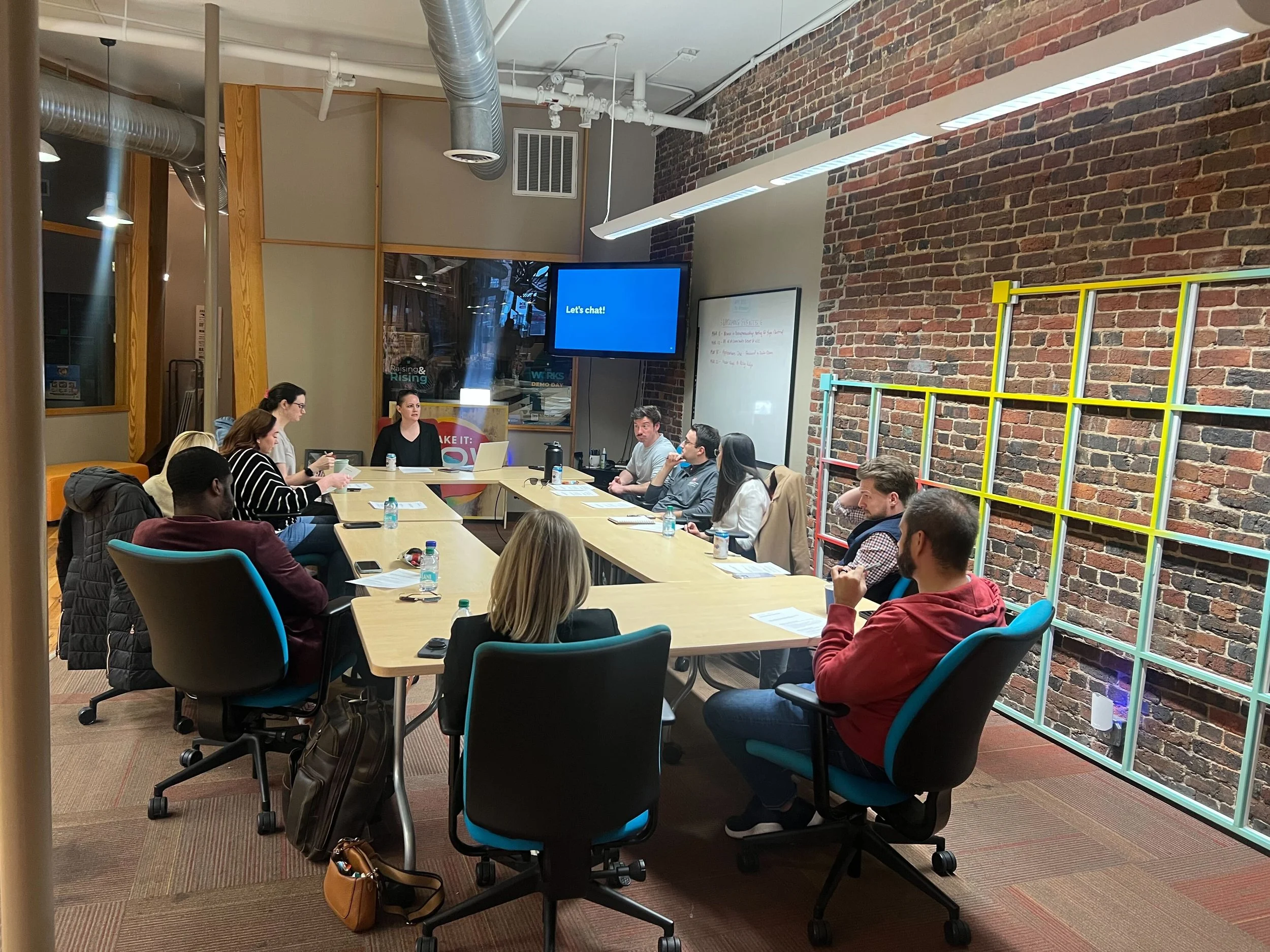One of the most important lessons for professionals in the modern workforce is that leadership isn’t about a job title—it’s about the impact you create. No matter where you are in your career, you can develop leadership skills that increase your influence, drive results, and position you as a valuable force in your organization. But it's not about influence for its own sake—these skills are also critical to long term success and job satisfaction. The key? Shifting your mindset and actions in five crucial ways.
1. Build Partnerships, Not Just Relationships
Networking is important, but true influence comes from building partnerships. A relationship is about connection; a partnership is about collaboration toward mutual success. Seek ways to add value to others, create win-win situations, and focus on how you can drive value for the organization—together.
2. Focus on Results, Not Just Activities
Being busy doesn’t equate to being impactful. The best leaders focus on outcomes, not just effort. Ask yourself: Are my activities moving the needle? What is the end goal? Am I making meaningful progress? If not, rethink your approach and focus on prioritizing high-value work.
3. Add Clarity, Not Noise
In a fast-paced work environment, information overload is real. Managing “fires” and competing priorities are daily challenges. Stand out by being the person who simplifies complexity, communicates with precision, and helps others focus on what truly matters.
4. Be Proactive, Not Reactive
Waiting for instructions keeps you in a supporting role. Taking initiative and anticipating needs positions you as a problem-solver. Leaders don’t just respond to challenges—they foresee and address them before they escalate and stay solution-oriented.
5. Focus on Impact, Not Just Productivity
Checking off tasks is one thing, but making a difference is another. Instead of asking, “What did I accomplish today?” ask, “What changed because of what I did today?” High performers get things done; leaders create meaningful change and connect work back to the organization and long term strategy.
Your ability to lead doesn’t depend on your title—it depends on your mindset and actions. By making these five shifts, you’ll elevate your influence, gain trust, and become someone others naturally turn to for leadership.

